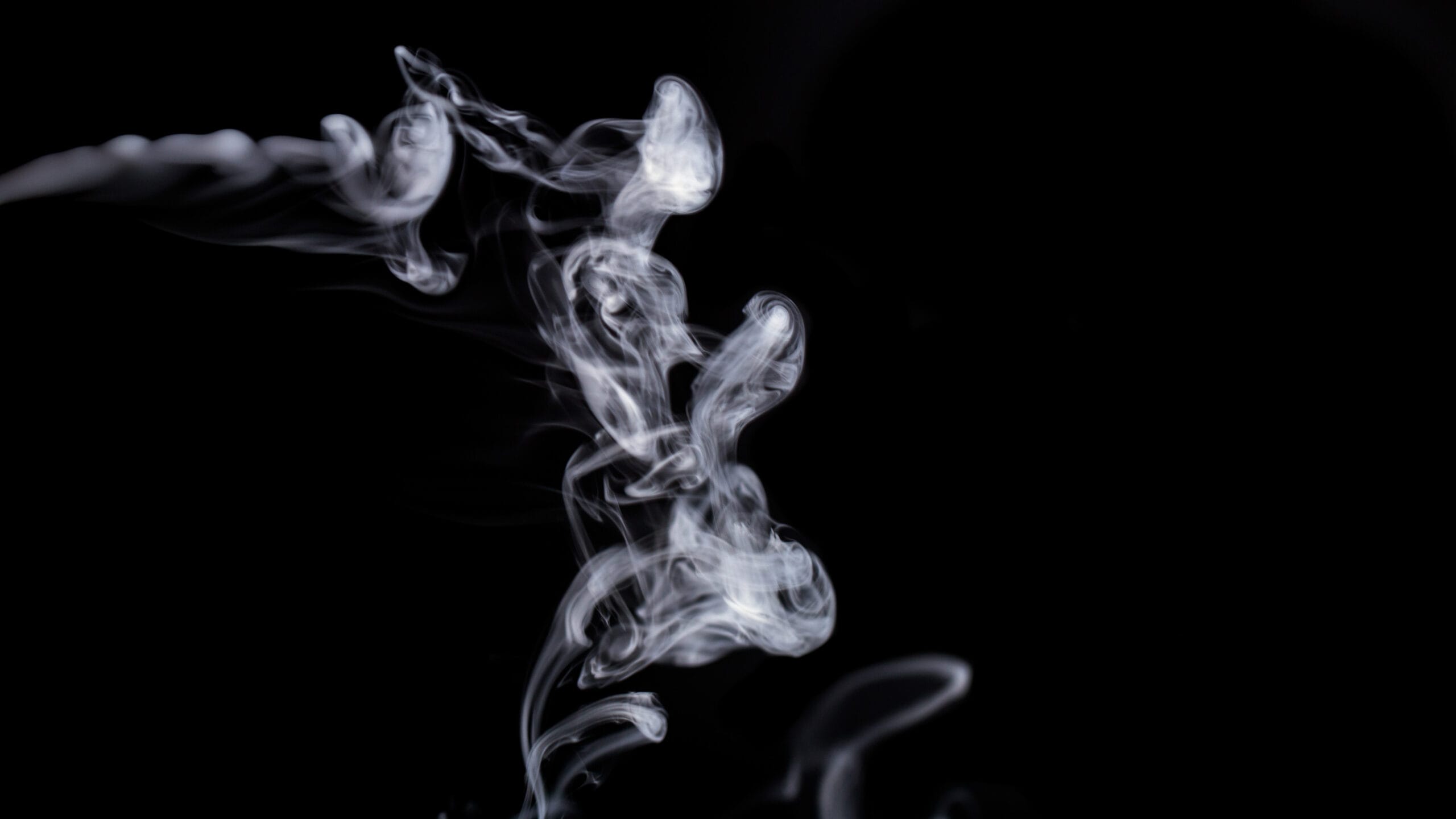Unmasking the Truth: Secondhand Smoke and Drug Tests
Curious about the connection between secondhand smoke and drug tests? You’re not alone! While it’s a common concern, the relationship is more nuanced than many people realize. Let’s dissect the facts, debunk myths, and explore the real risks associated with secondhand smoke exposure.
Can Secondhand Smoke Really Cause a Failed Drug Test?
The short answer is: yes, but it’s highly unlikely in most situations.
To understand why, it’s important to consider several factors:
Type of Smoke: Secondhand marijuana smoke is the primary concern when it comes to drug tests. THC, the psychoactive compound in marijuana, is detectable in bodily fluids even after passive inhalation. However, the amount absorbed from typical secondhand exposure is usually far below the threshold for a positive drug test.
Exposure Level: This is the most crucial factor. Briefly walking past someone smoking outdoors is vastly different from spending hours in a small, enclosed room with multiple people smoking heavily. The higher the concentration of smoke and the longer the exposure, the greater the potential for THC to accumulate in your system.
Ventilation: A well-ventilated area significantly reduces the concentration of secondhand smoke, making it less likely for detectable levels of THC to be absorbed. Open windows, fans, and air purifiers can make a big difference.
Drug Test Sensitivity: Not all drug tests are created equal. Some are more sensitive than others, meaning they can detect lower levels of substances. The specific type of drug test used by an employer will influence whether secondhand exposure could potentially lead to a positive result.
Individual Metabolism: Factors like body mass, metabolism rate, and how quickly someone processes THC can play a minor role in how long it takes for secondhand smoke to clear the system.
How Long Does Secondhand Smoke Linger in the Body?
There’s no magic number for how long secondhand smoke remains detectable. It’s highly variable and depends on the factors mentioned above.
THC Detection: Studies have shown detectable levels of THC in urine up to 32 hours after exposure to secondhand marijuana smoke. However, these studies typically involved extreme, enclosed environments.
Other Substances: Research on secondhand exposure to drugs other than marijuana is limited. It’s logically possible to inhale trace amounts of other substances, but the likelihood of reaching detectable levels through casual exposure is exceedingly low.
Beyond Drug Tests: The Real Dangers of Secondhand Smoke
While the risk of failing a drug test from typical secondhand smoke exposure is minimal, it’s crucial to remember that any exposure to secondhand smoke poses health risks, regardless of the substance being smoked.
Immediate Dangers: Even brief exposure can have immediate consequences:
- Increased Blood Stickiness: This often-overlooked effect raises the risk of blood clots and heart problems.
- Eye, Nose, and Throat Irritation: Secondhand smoke is a major irritant, causing discomfort and exacerbating existing respiratory conditions.
- Headaches: Exposure can trigger headaches, even in people who don’t typically experience them.
Long-Term Risks: Regular or prolonged exposure to secondhand smoke significantly increases the risk of serious health problems:
- Lung Cancer: Secondhand smoke is a known carcinogen, responsible for countless lung cancer cases in non-smokers.
- Heart Disease & Stroke: The toxins in secondhand smoke damage blood vessels and increase the risk of cardiovascular disease.
- Respiratory Illnesses: COPD, asthma, and other respiratory problems are significantly more common in people exposed to secondhand smoke.
- Risks to Children: Children are especially vulnerable. Exposure increases their risk of SIDS, ear infections, asthma attacks, respiratory infections, and impaired lung development.
People’s Statement:
“These positive tests [from secondhand smoke] are rare and ‘occur only under environmental circumstances where exposure is obvious.'” – Journal of Analytical Toxicology
Protecting Yourself and Others
The best way to avoid the risks of secondhand smoke is to avoid exposure altogether. Here’s how:
- Steer Clear of Smoke-Filled Environments: Politely distance yourself from smokers, especially in enclosed spaces.
- Advocate for Smoke-Free Policies: Support smoke-free workplaces, homes, and public spaces.
- Prioritize Ventilation: Open windows, use fans, or invest in air purifiers to reduce smoke concentration.
- Educate Yourself and Others: Understanding the dangers of secondhand smoke empowers you to make informed decisions and advocate for healthier environments.
Remember: Your health is your most valuable asset. By understanding the nuances of secondhand smoke exposure, you can make informed choices to protect yourself and those around you.
- Crypto Quotes’ Red Flags: Avoid Costly Mistakes - June 30, 2025
- Unlock Inspirational Crypto Quotes: Future Predictions - June 30, 2025
- Famous Bitcoin Quotes: A Deep Dive into Crypto’s History - June 30, 2025

















1 thought on “Can Secondhand Smoke Make You Fail a Drug Test? Separating Myth From Fact”
Comments are closed.